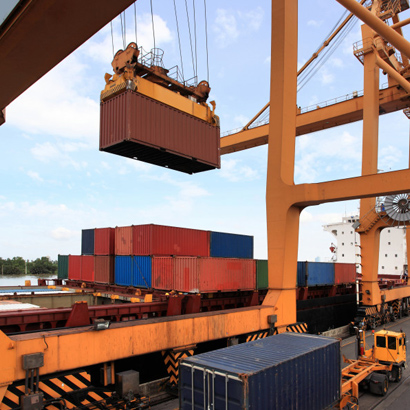If you’re hitting the Canadian highways with your truck chances are you’ve come across the term “IFTA” – the International Fuel Tax Agreement. But what exactly does it mean for you as a trucker? Let’s break it down in simple terms.
1. Understanding IFTA: The Basics
IFTA or the International Fuel Tax Agreement is like the fuel tax language that helps truckers and motor carriers navigate the complex web of fuel taxes when they operate in multiple jurisdictions. Whether you’re rolling through provinces in Canada or crossing the border into the United States IFTA is the system that keeps track of fuel usage and ensures you’re paying the right taxes in the right places.
2. Why IFTA Matters for Truckers in Canada
Now you might be wondering “Why should I care about IFTA?” Well IFTA matters because it simplifies the way fuel taxes are handled. Instead of dealing with each province’s separate rules and regulations IFTA allows you to report and pay your fuel taxes in one go. It streamlines the process making your trucking journey smoother.
If you’re a trucker looking for IFTA Services, give us a call!
3. The Quarterly Reporting Routine
As a trucker in Canada you’ll be dealing with quarterly reporting under IFTA. This means breaking down your fuel and mileage records every three months. You’ll need to keep precise track of how many miles you’ve driven in each jurisdiction and the amount of fuel you’ve consumed.
4. Mileage Records: Keeping It Accurate
Accurate mileage records are the backbone of IFTA reporting. Every mile you drive needs to be documented specifying which province or territory you were in. This record ensures that the fuel taxes you pay align with your actual travels.
5. Fuel Records: The Nuts and Bolts
When it comes to fuel records you’ll need to keep track of every drop that goes into your truck. This includes the number of gallons or liters the date of purchase and where you bought the fuel. These details are crucial for calculating your fuel tax obligations accurately.
6. Calculating Your Quarterly Taxes
Once you’ve got your mileage and fuel records in order it’s time to crunch the numbers. Fortunately, IFTA provides a straightforward formula for determining your owed taxes. You divide the total miles traveled in each jurisdiction by the total fuel consumed giving you a precise fuel consumption rate. This rate is then used to calculate the taxes owed to each jurisdiction.
7. Filing Your Quarterly IFTA Return
Filing your IFTA return is the last step in the process. You submit your detailed records along with the calculated taxes to your base jurisdiction – the province or territory where your qualifying vehicles are based. This information is then forwarded to the relevant jurisdictions and you’re done for the quarter.
8. The Consequences of Non-Compliance
Now let’s talk about the elephant in the room – what happens if you don’t comply with IFTA? Non-compliance can lead to hefty fines and penalties. It’s like trying to navigate through a traffic jam without a GPS – you might get lost and face some roadblocks.
9. IFTA: Your Trusted Roadmap
In essence, IFTA is your roadmap for navigating the fuel tax landscape as a trucker in Canada. It simplifies the process ensures fair contributions to the jurisdictions you travel through and helps you avoid the potholes of non-compliance.
Final Thoughts
So the next time you hear about IFTA remember it’s not just another acronym. It’s your key to smooth sailing through the fuel tax maze keeping your journey on the road hassle-free and compliant. Stay on the right track keep those records in check and IFTA won’t be a puzzle – it’ll be your trusted companion on the open road.







